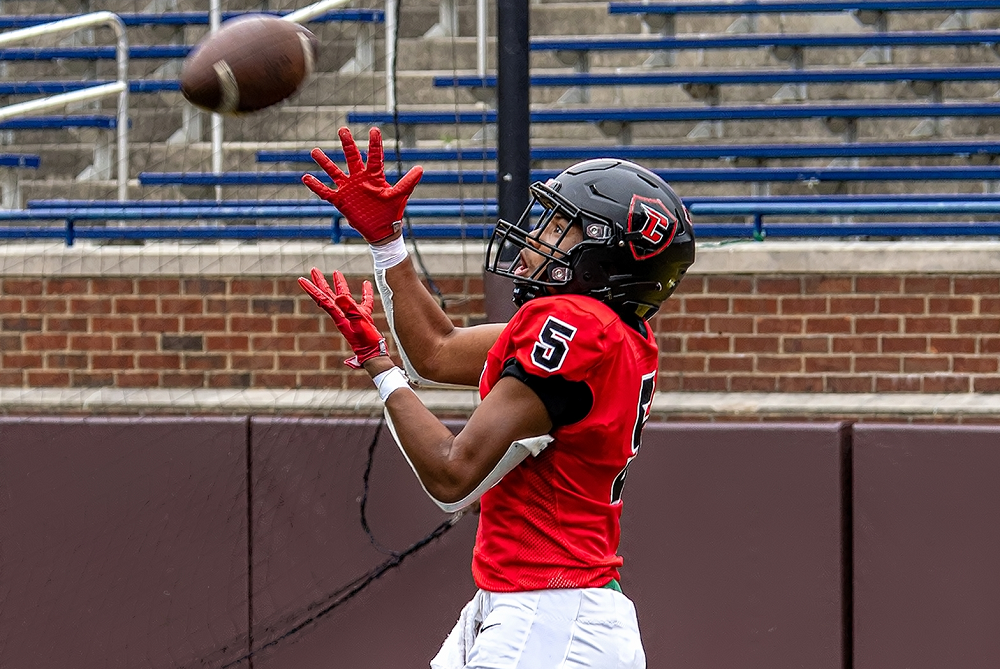
Be the Referee: Returning Kickoffs
September 22, 2016
Every football game starts with a kickoff, and our "You Make The Call" series will start with the same play for 2016.
Be The Referee is a series of short messages designed to help educate people on the rules of different sports, to help them better understand the art of officiating, and to recruit officials.
Below is this week's segment – You Make the Call: Returning Kickoffs - Listen
Every football game starts with a kickoff, and our 'You Make The Call' series will start with the same play for 2016.
The kicker kicks the ball high and deep off the tee, and the return man – three yards deep in his own end zone – catches the kick in the air, and now starts to head upfield to try and gain yards. Under high school rules, is the legal?
Believe it or not, the answer is no. Under high school rules, whether it’s a kickoff or a punt, once the ball breaks the plane of the goal line, the ball is dead and it becomes a touchback, with the offense taking over, first and 10, on the 20-yard line.
College and professional players can return kicks from the end zone; high school players cannot.
Past editions
Sept. 15: Concussions - Listen
Sept 8: Equipment Covering the Knees - Listen
Sept. 1: Play Clock Experiment - Listen
Aug. 25: Clipping in the Free Blocking Zone - Listen

Be the Referee: Football Rules Differences
By
Sam Davis
MHSAA Director of Officials
August 23, 2023
Be The Referee is a series of short messages designed to help educate people on the rules of different sports, to help them better understand the art of officiating, and to recruit officials.
Below is this week's segment – Football Rules Differences - Listen
The first week of the high school football season is always exciting … and sometimes confusing. Here are some – not all – differences between the high school game and what you see on Saturdays and Sundays.
In high school, there is no such thing as an uncatchable ball when judging pass interference. It is a penalty if there is illegal contact, whether the ball is catchable or not.
In overtime, high school teams start with the ball at the 10-year line – not the 25 like in college. And in high school overtime, you are only able to get a first down via penalty. And, at no time is a high school team required to go for two points.
And on extra point plays, if the defense gains possession, the try is over. The defense cannot return the ball for two points.

